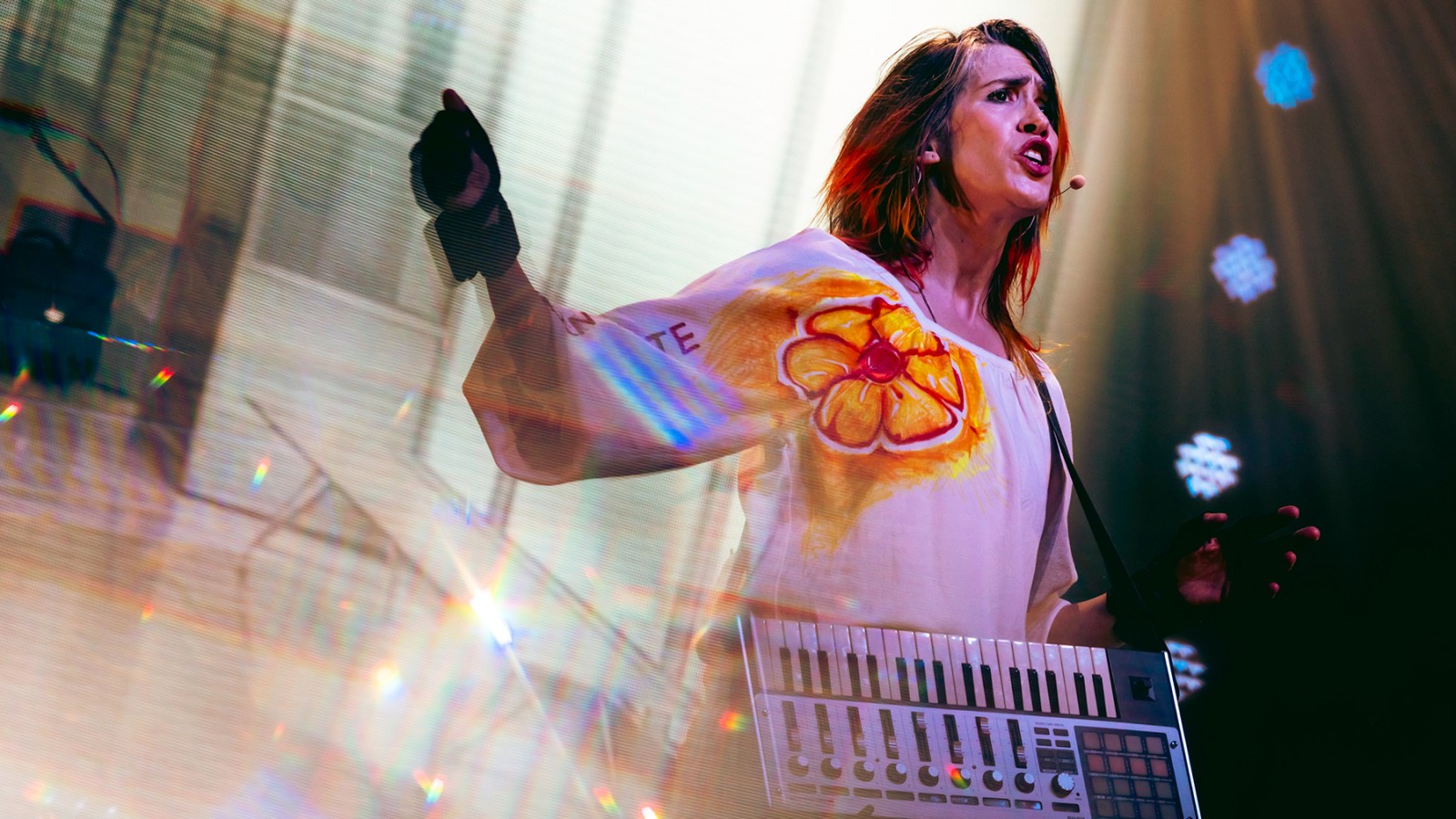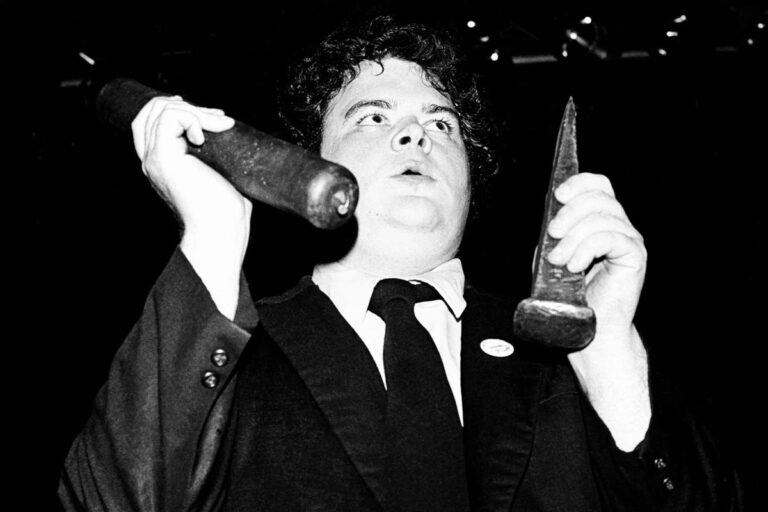Imogen Heap, whose 2005 track “Headlock” just became her biggest hit ever after a belated viral surge on TikTok, is now letting fans legally borrow its vibe for their own songs via generative AI. Heap is the first artist to sign on for a new feature from AI-music platform Jen that lets users “infuse the vibe, feel, rhythmic style, instrument textures” of licensed songs into new creations, according to co-founder and CEO Shara Senderoff. Heap also licensed four other tracks for use as what the company calls StyleFilters: “Goodnight and Go,” “Just for Now,” “Last Night of an Empire,” and “What Have You Done to Me.
The leading AI music platforms were trained on vast libraries of copyrighted songs without permission, but Jen only uses fully licensed music, which is why Heap agreed to partner with them. “The really exciting thing about Jen is it’s the first service I feel fully understands the importance of waiting to get it right,” she says. “They’ve gone the really long way around.”
The service pays artists 70 percent of the revenue each time someone uses their StyleFilter. Users pay $4.99 to generate up to 90 minutes of music laced with the essence of Heap’s songs — or $7.99 for a “high-strength” setting where song generations will be more obviously influenced by her work. In a press release, Jen’s other co-founder, Mike Caren, frames the feature as a new business model for artists: “Think of StyleFilters like an app for music creators. You’re not licensing a song, so much as you’re launching a product. You become software.”
Heap is taking advantage of a bit of fortuitous timing: Just as “Headlock” took off on TikTok, the rights to some of the singer’s most popular works reverted back to her after 20 years. “It is like this perfect storm,” she says. The deal works through Heap’s own technology platform, Auracles, which she’s been developing for a decade. Auracles serves as a rights management system, allowing her to quickly provide Jen with all the metadata and permissions for her tracks, and she hopes other artists will see its advantages.
With the notable exception of Timbaland, who is a wildly enthusiastic user of the AI-music engine Suno, vanishingly few artists, songwriters, or producers have publicly embraced AI — instead, they’ve largely condemned companies who use their music without permission. “It’s not that I’m just like, ‘Yay, AI,’” Heap says. “I’m ‘Yay, AI’ with people who have ethics and morals that I align with and a future outlook of something that I feel makes sense to me and the planet.… I want to build a system that enables as much collaboration, open collaboration, as possible with trust.”
For Heap, traditional music industry models are obsolete. She hasn’t released an album since 2014, and has no plans to return to that medium: “Never. A hundred percent. No. I just think that whole industry is baked around ‘Let’s make money for record labels.” Her recent experiment selling song stems on a remix platform yielded $12,000 from 400 downloads at $30 each – far outpacing streaming revenue. “The same song on Spotify, maybe half a million plays, less than a thousand pounds,” she says.
Heap thinks more artists should find ways to embrace licensed AI. “The more open you are, the more things are likely to happen,” she says. “The more [artists] that stick their head in the sand,, the more likely it’s gonna go to the people who are doing it for profit and won’t be thinking about them.”



